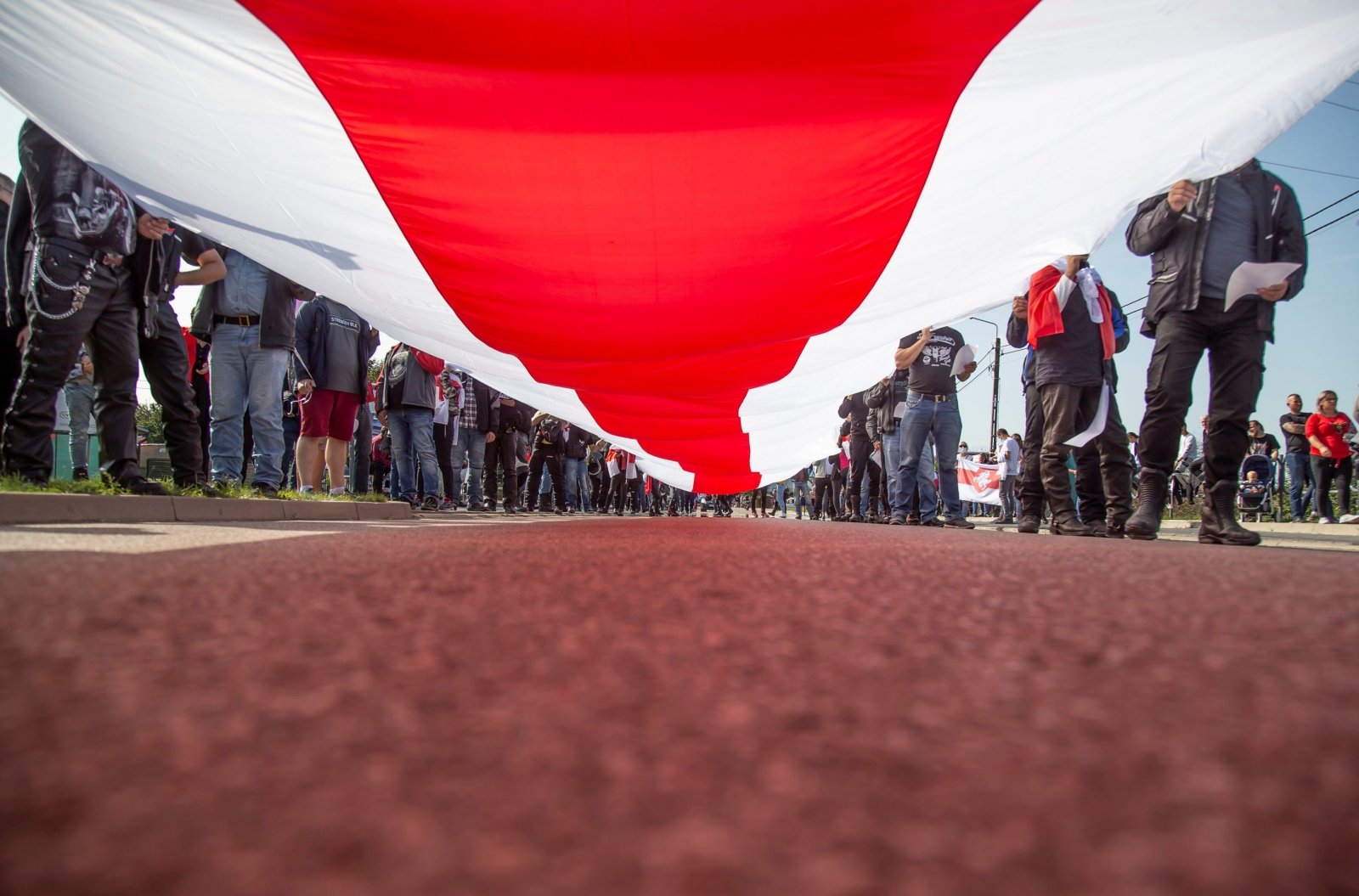
[ad_1]
The participants of the debate held at the Presidency in Vilnius called for the promotion of cultural and human ties and, for the moment, to leave the “empty chair” for the future leader of Belarus at the highest political level.
“Today’s meeting is a kind of attempt to broaden the circle of foreign policy actors. The efforts of politicians and diplomats alone are not enough, but the public must also participate in the process,” said Alvydas Nikžentaitis, director from the Lithuanian Institute of History, which organized the event.
This summer, the Foreign Ministers of Lithuania, Poland and Ukraine announced the initiative of the Lublin Triangle to develop trilateral cooperation in the fields of defense, economics and politics.
Belarusian analyst Franak Viachorka said he hoped that the changes that were taking place would allow the Belarusian nation to finally form and help the country to become a full member of the new cooperation platform.
“When the modern Belarusian nation is finally formed after this revolution, after this uprising, it will be able to participate fully in our Lublin Quartet,” he said.
According to Viačorka, the Belarusian struggle is currently taking place in two areas: the first is the struggle “between freedom and captivity, between democracy and authoritarianism”, and the second is the “struggle for independence”.
Slawomir Debski, director of the Polish Institute of International Affairs PISM, for his part, has proposed to send a message to Belarus by leaving an empty chair at the summits as an invitation to the future leader.
“The Lublin triangle could very quickly become a quartet. It is important that the presidents of the countries and all the participants of the new initiative meet regularly and symbolically leave an empty chair. That would be an invitation to join a democratically elected leader, “he said.
A Polish analyst also suggested involving Russia’s democratic civil society in the debate.
Ukrainian policy expert Volodymyr Fesenko said regional cooperation was crucial to curb Russian aggression.
The name Lublin is given to regional cooperation initiatives, recalling the union signed in 1569 in Lublin between the Grand Duchy of Lithuania and Poland, which established the Republic of the Two Nations.
Thursday’s event in the Lithuanian public space was overshadowed by announcements that the Presidency had rejected the organizers’ proposal to invite media representatives Rimvydas Valatkas, Vytautas Bruveris and Rita Miliūtė to moderate.
At the opening of the event, A. Nikžentaitis diplomatically alluded to organizational disagreements, but emphasized the importance of cooperation.
“We are very happy to be here in the Presidency of the Republic of Lithuania. It is a kind of demonstration that various social initiatives in these houses are welcome,” said the historian.
“Every time events of this type occur and in such unusual conditions, many barriers have to be overcome, we must learn to speak among ourselves, to establish a dialogue. I see that although everything was in our relations with the Office of the President, we escaped, I also see very beautiful seedlings in our cooperation in the future ”, said A. Nikžentaitis.
It is not allowed to publish, quote or reproduce the information of the BNS news agency in the media and on websites without the written consent of the UAB “BNS”.
[ad_2]